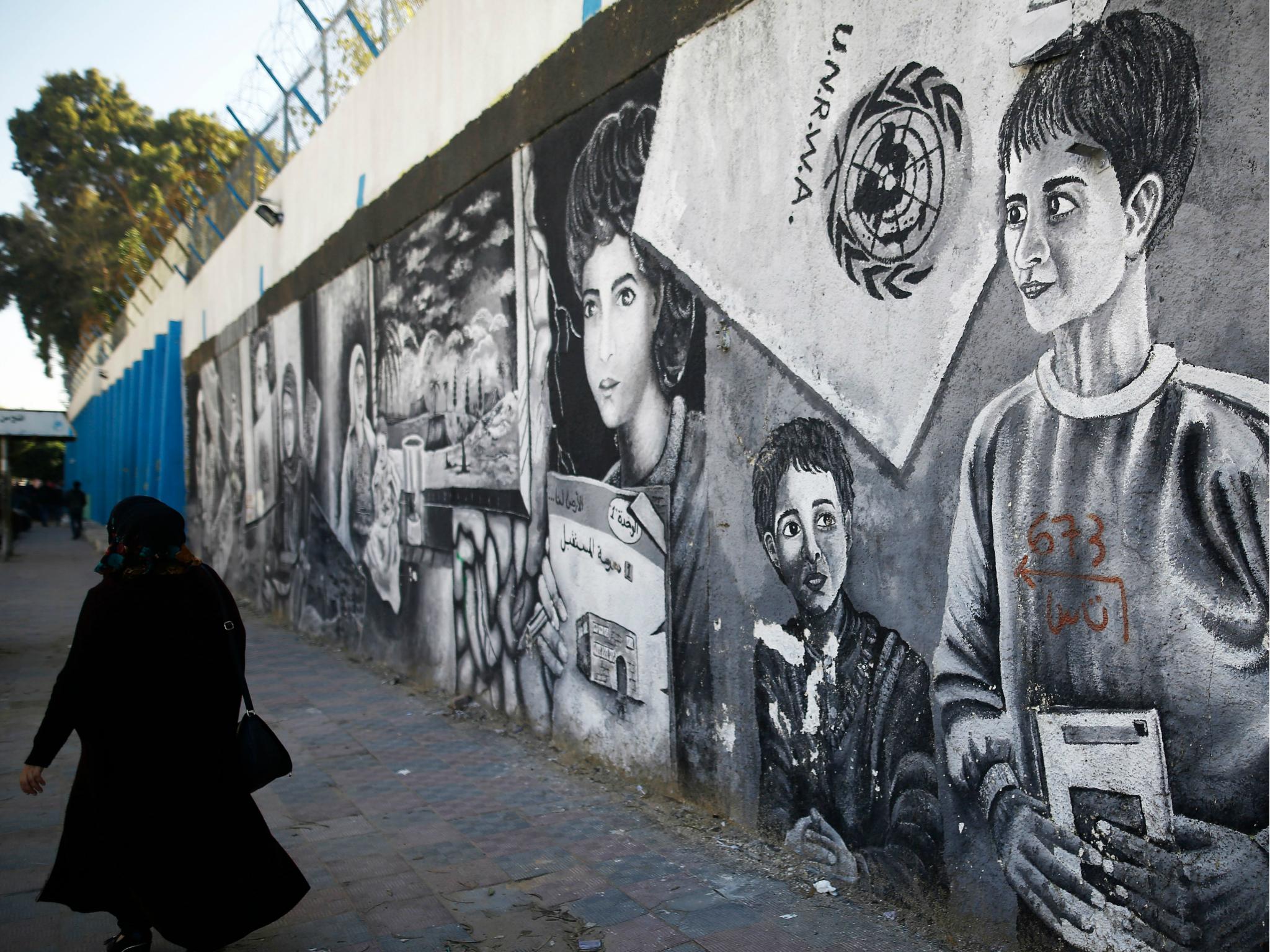White House holds Gaza summit without Palestinian representation after PA boycott
Multilateral conference designed to tackle coastal enclave’s humanitarian crisis shunned by Palestinian representatives angry at US’ Jerusalem decision

The White House has hosted a multilateral summit on the future of the Gaza Strip as planned despite a Palestinian refusal to attend over US President Donald Trump’s stance on Jerusalem.
A total of 20 countries as well as the EU and UN attended the Wednesday meeting to discuss the humanitarian crisis engulfing Gaza’s two million residents after more than a decade of Hamas rule and crippling Israeli-Egyptian blockade.
The Ramallah-based Palestinian Authority, however, refused to send a delegation, in a display of continued anger over Mr Trump’s decision last December to recognise the contested city of Jerusalem as the capital of Israel.
Palestinians claim the eastern side of the holy city as a capital in their own vision of statehood.
The conference was also expected to reveal details of the Trump administration’s peace plan for the decades-old Arab-Israeli conflict - again without input from Palestinian groups.
Unconfirmed reports say the US’ plan is to propose Abu Dis, a town outside Jerusalem, as an alternative capital of a future Palestinian state. Palestinians would not hold full passports or control their own airspace or borders under the proposals.
No further information was given at the talks.
Critics, including Palestinian Liberation Organisation diplomat Saeb Erekat, called the Washington DC summit an attempt to “liquidate” the Palestinian cause into a series of humanitarian issues.
Gaza has suffered from an effectively collapsed economy, chronic lack of drinking water and electricity and several rounds of fighting with Israel since militant organisation Hamas seized control in 2007, leading to an Egyptian-Israeli blockade of its borders.
Relations between Hamas and the Palestinian Authority have improved since the rival Palestinian bodies signed a reconciliation deal in October last year, but major disagreements remain.
The US made swingeing cuts to its foreign aid budget in 2018, including gutting $466m in funding for for the UN’s Palestinian agency, UNRWA.
On Thursday at a donors’ conference in Rome other countries from the world promised to make up the shortfall by $100m.
“A very important first stop was reached today, but a long way is in front of us,” UN Secretary General Antonio Guterres told reporters.
“If UNRWA did not exist, if its services were not provided, the security of the region would be undermined,” he added.
Join our commenting forum
Join thought-provoking conversations, follow other Independent readers and see their replies
Comments